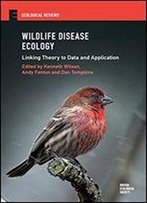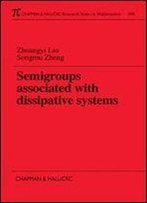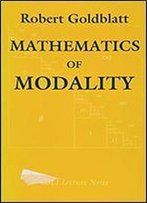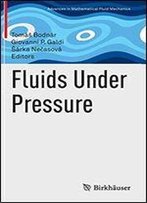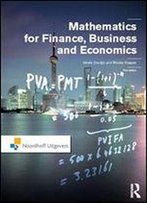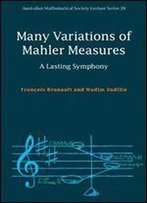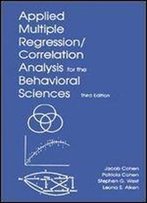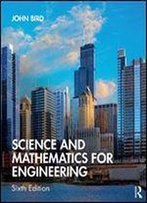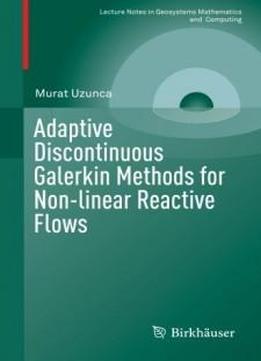
Adaptive Discontinuous Galerkin Methods For Non-linear Reactive Flows (lecture Notes In Geosystems Mathematics And Computing)
by Murat Uzunca /
2016 / English / PDF
2.9 MB Download
The focus of this monograph is the development of space-time
adaptive methods to solve the convection/reaction dominated
non-stationary semi-linear advection diffusion reaction (ADR)
equations with internal/boundary layers in an accurate and
efficient way. After introducing the ADR equations and
discontinuous Galerkin discretization, robust residual-based a
posteriori error estimators in space and time are derived. The
elliptic reconstruction technique is then utilized to derive the
a posteriori error bounds for the fully discrete system and to
obtain optimal orders of convergence.
The focus of this monograph is the development of space-time
adaptive methods to solve the convection/reaction dominated
non-stationary semi-linear advection diffusion reaction (ADR)
equations with internal/boundary layers in an accurate and
efficient way. After introducing the ADR equations and
discontinuous Galerkin discretization, robust residual-based a
posteriori error estimators in space and time are derived. The
elliptic reconstruction technique is then utilized to derive the
a posteriori error bounds for the fully discrete system and to
obtain optimal orders of convergence.
As coupled surface and subsurface flow over large space and time
scales is described by (ADR) equation the methods described in
this book are of high importance in many areas of Geosciences
including oil and gas recovery, groundwater contamination and
sustainable use of groundwater resources, storing greenhouse
gases or radioactive waste in the subsurface.
As coupled surface and subsurface flow over large space and time
scales is described by (ADR) equation the methods described in
this book are of high importance in many areas of Geosciences
including oil and gas recovery, groundwater contamination and
sustainable use of groundwater resources, storing greenhouse
gases or radioactive waste in the subsurface.


